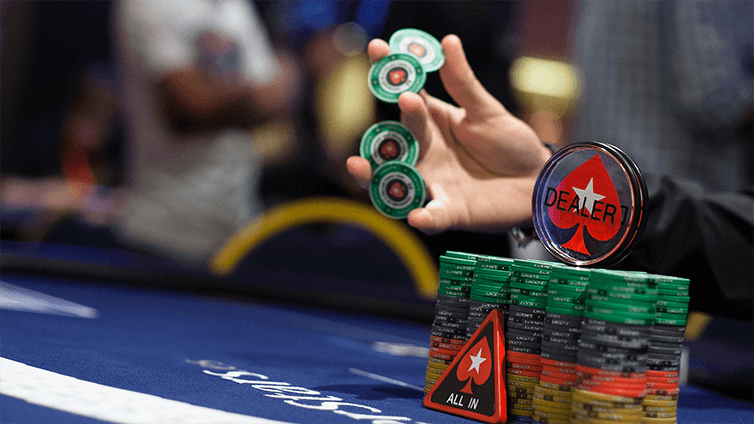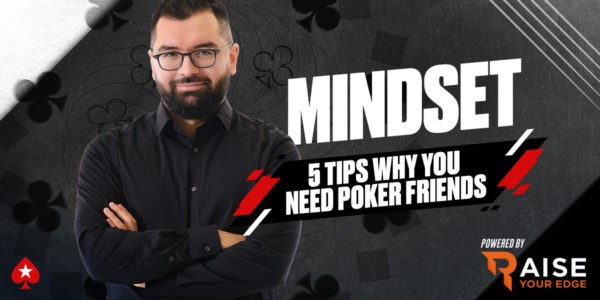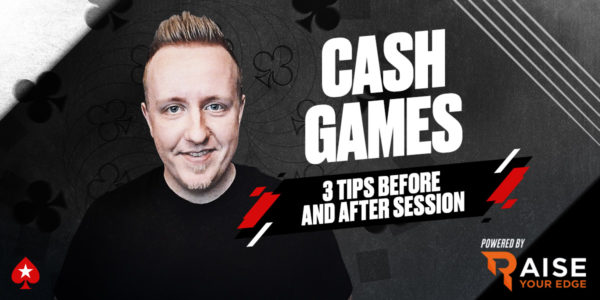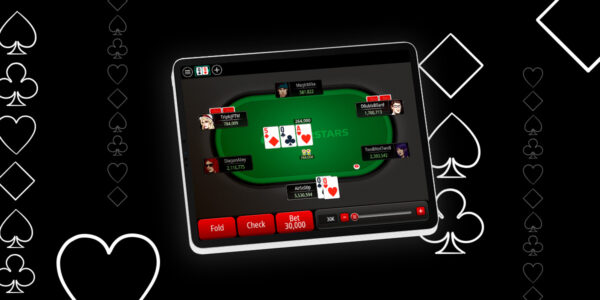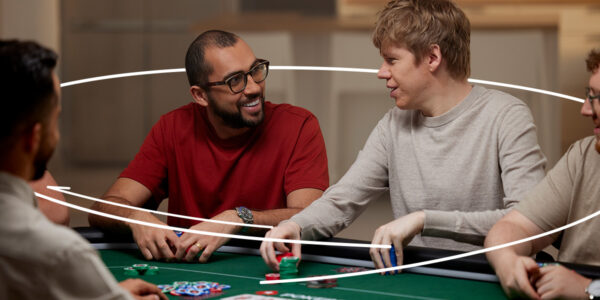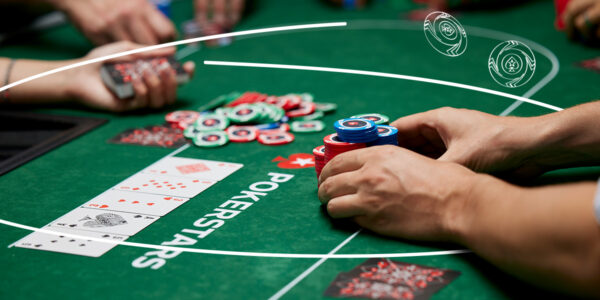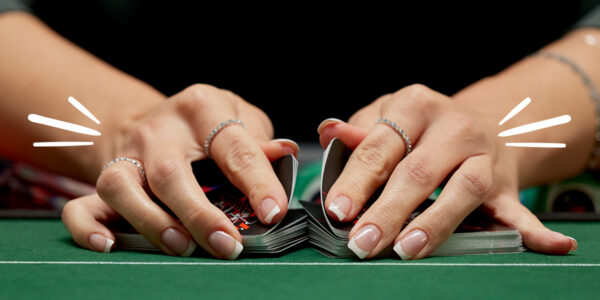Five Things NOT to do During a Bad Poker Session
Poker is a smooth ride when the deck is favouring us, but when the cards suddenly betray us, it can be a challenge just to keep our game together. Here are the five worst ways I see my students react to unlucky sessions and losing days. Avoid these instinctive reactions at all costs.
Do not…
- Chase Losses
Most people are wired with a mental program designed to recoup losses and restore normality. This program comes in handy in life, promptly resulting in the instant cleaning up of a smashed glass or picking up a dropped bank note. In poker, the ‘restore normal conditions’ script is less useful because we cannot regain lost money through sheer force in the short-term. When we try to ‘get back’ the money we have lost during an unlucky session, we might end up playing for too long – far beyond the limit that our natural concentration levels allow. Under extreme circumstances, where the lost money feels intolerable, we might even rashly move up in stakes in an attempt to undo the damage. These reactions are misguided.
Poker will eventually give back what it borrows from you in the short-term provided that you are a winning player at your current stakes. It is not up to you to decide when the winds of chance will change direction and trying to force them to do so is likely to result in more damage. Resist the temptation to play for five hours because you are stuck. It might be that your sole mission today is to limit the damage. The players who do this the best are the biggest long-term winners.

- Change Everything
In my mindset book Poker Therapy I talk about fickle poker players. These are players who change their approach to the game whenever things go badly and ritualise meaningless things that happen to coincide with good variance. Fickle students might proudly tell me how they are now playing three tables instead of two and have ‘fixed their game’ as a result of decreasing their thinking time. While it is possible that the boredom of lower volume can cause unforced errors in impatient students, most people who make this claim have simply ran well since adding the third table.
The downside to mixing everything up whenever you lose is that your efforts get dispersed in too many different directions. A player who takes up Omaha when Holdem is going badly or becomes a cash game specialist when he bubbles a big tournament, is spreading himself too thinly. Be a jack of one trade in poker and you will go much further. Resist the temptation see bad variance as a sign that your current approach isn’t working. It takes time to see the fruits of your labour so be patient.
- Take a Big Hiatus from Poker
There are a few rare students whom I advise to quit the game. They might just not have what it takes to get anywhere. If becoming professional is the rationale for playing in the first place, then such players are better off focussing on something else. If poker is making you miserable in the long run or is having adverse effects on your life, then maybe it is correct to stop playing.
Most people who get annoyed with running bad, however, and quit for a few months, end up inevitably coming back. It’s not a question of if, but when. They stop playing in March after a nasty stretch of luck and return in June three months behind where they should be in terms of ability. Taking prolonged breaks just to lick your wounds is severely detrimental to your chances of long-term success. Poker is an all or nothing game. Either you’re committed to sticking it out through the bad times or you should take up a less gruelling hobby/occupation. Taking months out at a time is a sure way to fall behind the curve.

- Take it out Via your Chips
Whining and moaning, within reason, might be healthy for a suffering poker player. Complaining to a friend that you are going through the poker blender might help you expel negativity and cleanse yourself for the next session. I have certainly punched a few desks and shouted many obscenities during bad sessions. I forgive this behaviour in myself for one key reason – it does not impact my win rate. Some players, however, tilt inwardly and use the call and raise buttons as their metaphorical shouting and desk punching. This is a whole lot more detrimental to their win-rate.
Of course, if you can avoid throwing the mouse across the room, then that’s for the best, but doing so probably costs a 200NL player less than throwing a stack into the middle in a terrible spot. You can always buy a new mouse…and it won’t cost you $200.
Tilt without bad play is harmless in the end. Tilt that uses poker decisions as its outlet will ruin your chances of success in the game.
- Give up on Quality Control
One of the most natural subconscious interpretations of a heavy losing session is: ‘Well it’s all ruined any way now so what’s the point in trying?’
This mentality leads to horrendous plays creeping into your game that would never normally pass you inner screening. Emotional thought processes such as: ‘I’ll just shove and hope he folds’ and ‘I can’t give up on another pot’ are two of the very common destroyers of poker dreams.
When you are running bad, it is even more important to exercise quality control in your thinking and decision-making. If your thought process sounds annoyed, desperate, or resigned, then it is time not to act on those thoughts. Give yourself a few seconds to calm down and drain your last drips of willpower to find that essential fold that you know deep down is right. There might be little instant gratification in folding, but your bankroll will thank you.
Condimentum Nibh
Donec sed odio dui. Cras mattis consectetur purus sit amet fermentum. Vestibulum id ligula porta felis euismod semper. Curabitur blandit tempus porttitor.
